BBC: Offering black, Asian and minority ethnic schemes is 'right thing to do'
- Published
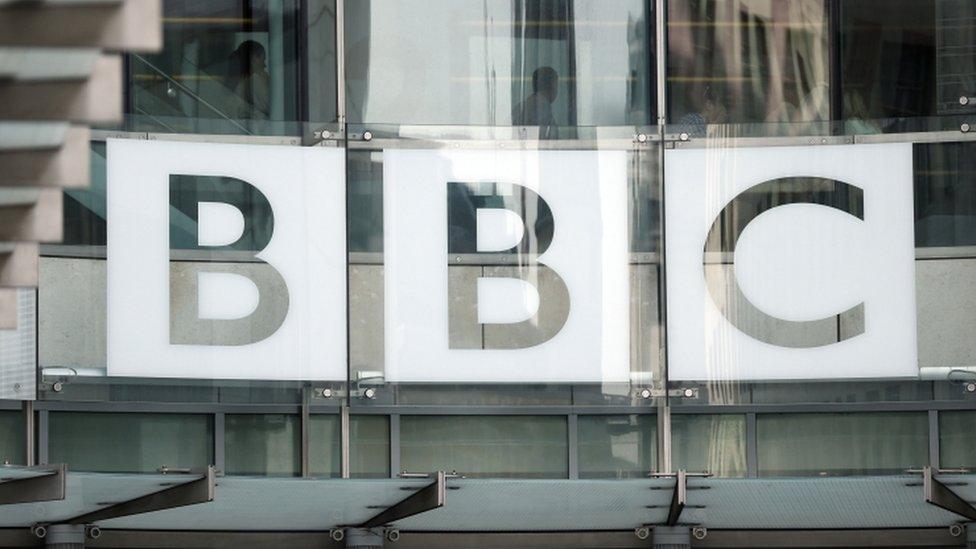
The BBC has defended offering traineeships to ethnic minorities after a national newspaper accused the corporation of being "anti-white".
The Sun quoted a job hunter, external who was turned down from a junior scriptwriting role because it was only available to people from "ethnic minorities".
In a statement, the BBC said The Sun's headline was "irresponsible".
It added as there is a lack of diversity in the industry, the trainee scheme was "the right thing to do".
The Sun claimed the recruitment process, under the Equalities Act, "was illegal to discriminate against job applicants on grounds of race, unless crucial to the role".
The corporation said, external: "As the Sun knows and has ignored, these are not jobs but training and development opportunities permitted under the Equality Act and to describe this as anti white is utterly ridiculous and irresponsible.
"As we have an under-representation of people from ethnic minority backgrounds in script editing roles at the BBC it's the right thing to do."
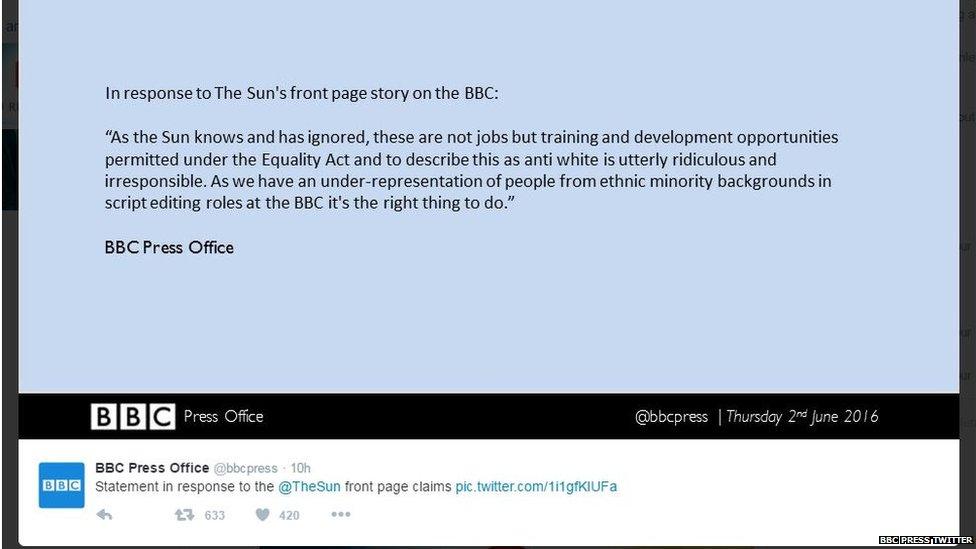
The BBC issued a statement saying because of "an under-representation of people from ethnic minority backgrounds" in script editing roles, offering tailored traineeships was "the right thing to do".
The BBC confirmed it offers a Creative Diversity Talent Fund, a Senior Leadership Development (Clore) Programme, an Assistant Commissioner Development Programme and Creative Access Trainee Scheme which are part of the corporation's diversity strategy, external.
Employment solicitor Anthony Sakrouge, a partner at Russell-Cooke Solicitors, told BBC News: "I would be interested to see the advice on which the BBC is relying in this initiative.
"It appears to accept that it is positively discriminating and not to be arguing that there is an occupational requirement.
"This feels to me as though it may well be open to challenge in an employment tribunal, either on the basis that it is a disguised employment relationship or because vocational training is also covered under the Act."
According to broadcasting regulator Ofcom, in guidance passed down to broadcasters last year, external: "It is not unlawful to take steps aimed at addressing disadvantage or under-representation experienced by people sharing particular protected characteristics."
The BBC announced last month it was pledging to have half its workforce comprise of women and would go "further than ever before" to represent them, disabled people, ethnic minorities and LGBT people with its new diversity targets.
The broadcaster had also pledged 15% of its workforce will be drawn from black, Asian and minority ethnic (BAME) backgrounds in staff and leadership roles by 2020, as well as ensuring the same percentage for on screen, on air and in leading roles.
- Published23 April 2016
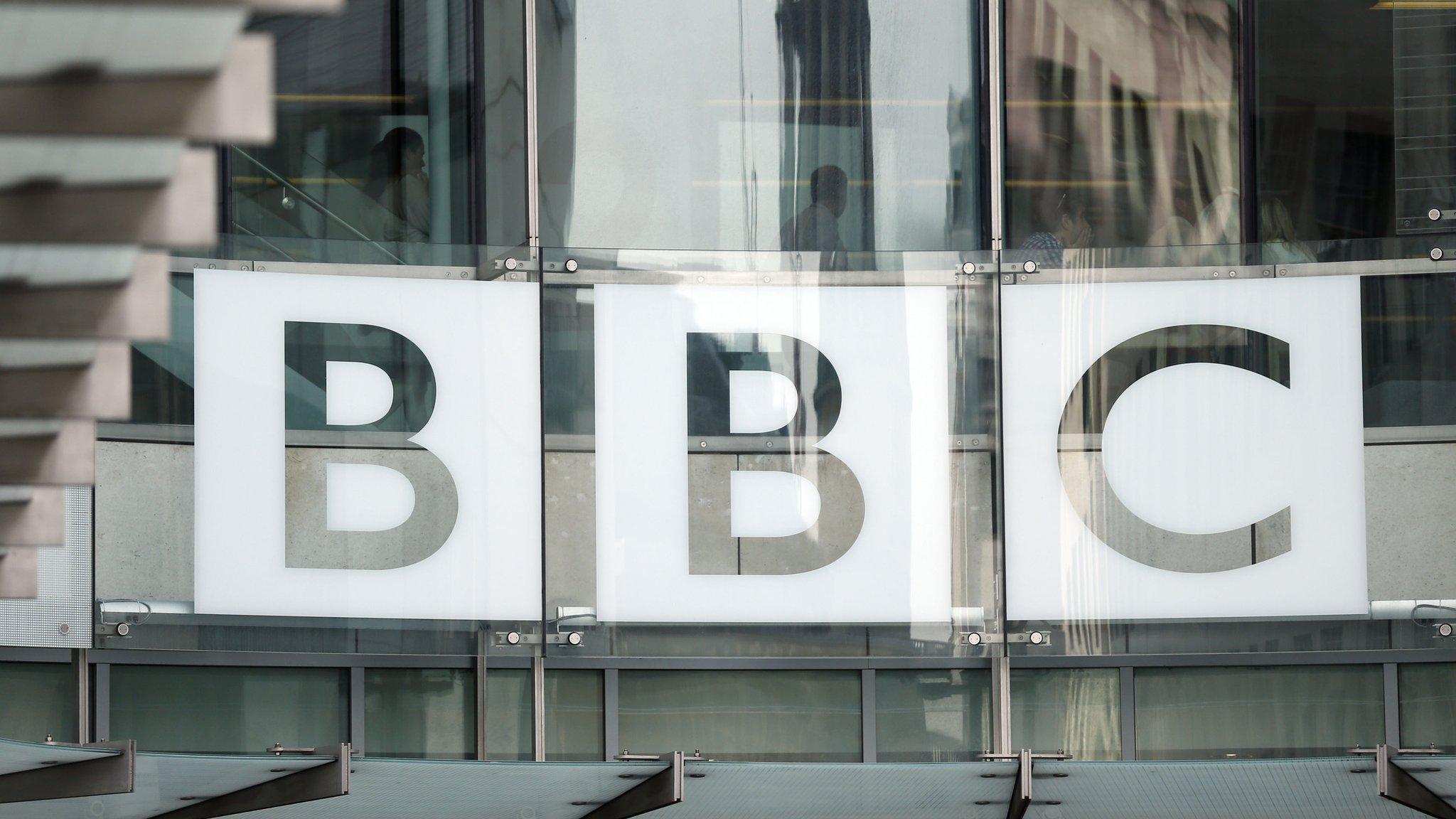
- Published28 April 2016
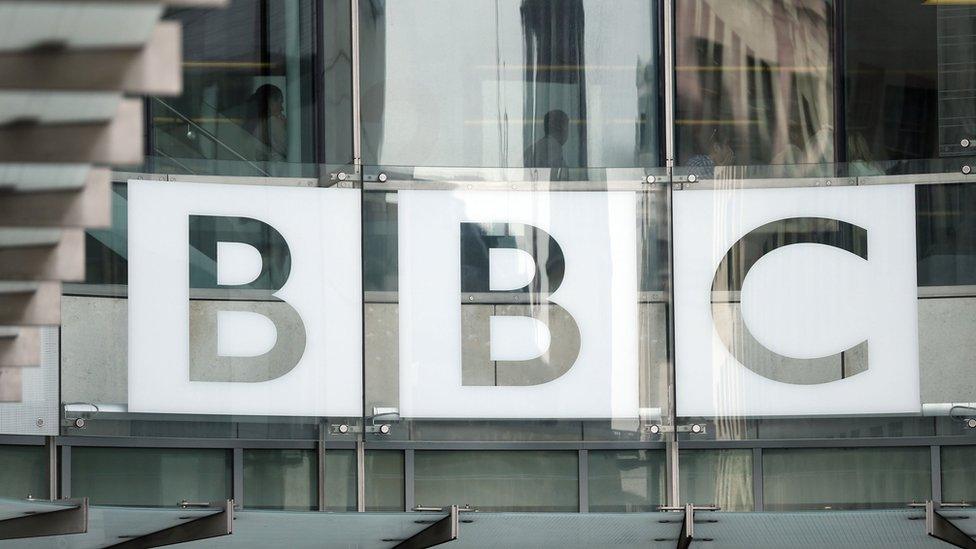
- Published19 November 2015
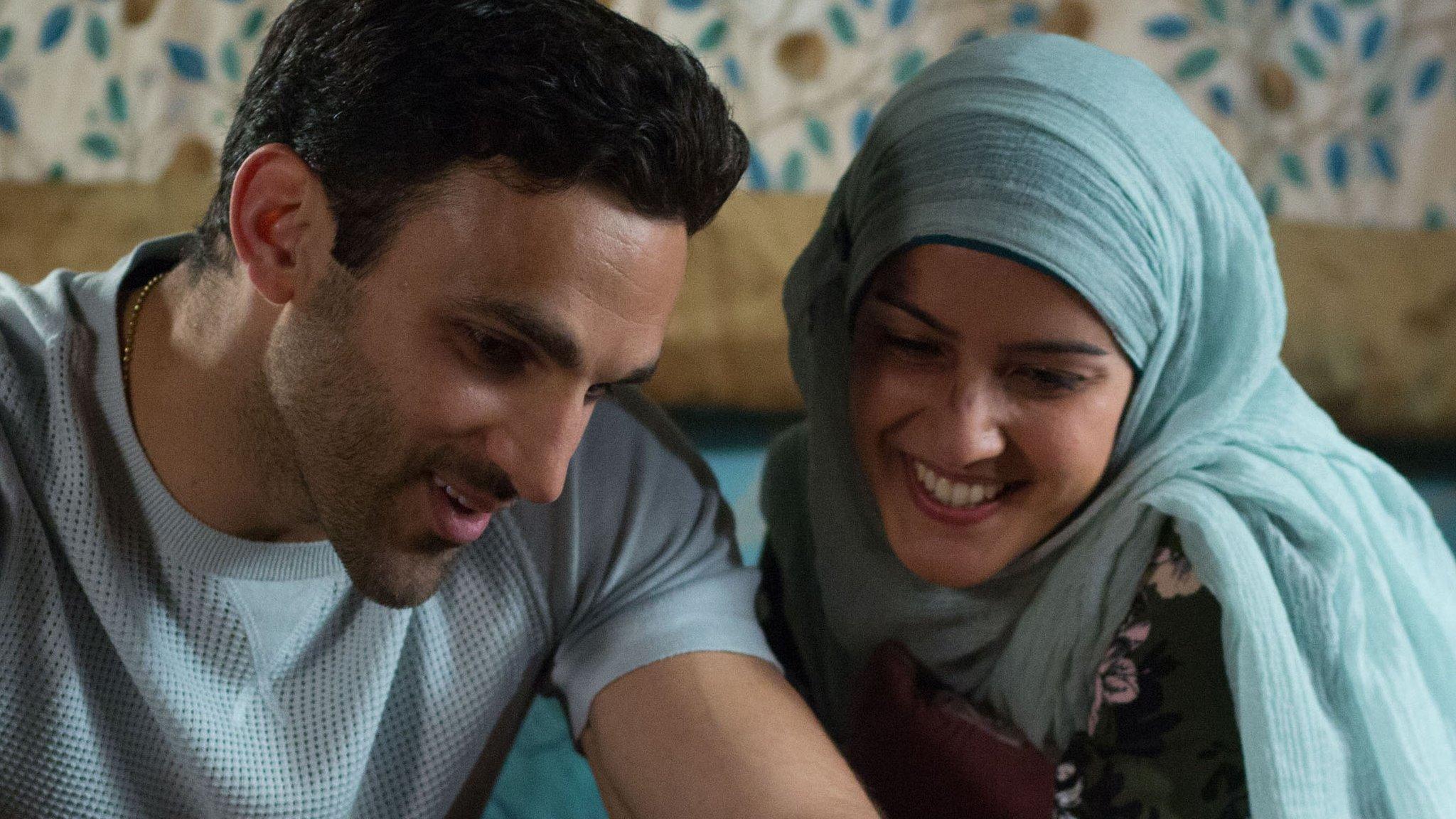
- Published3 February 2015
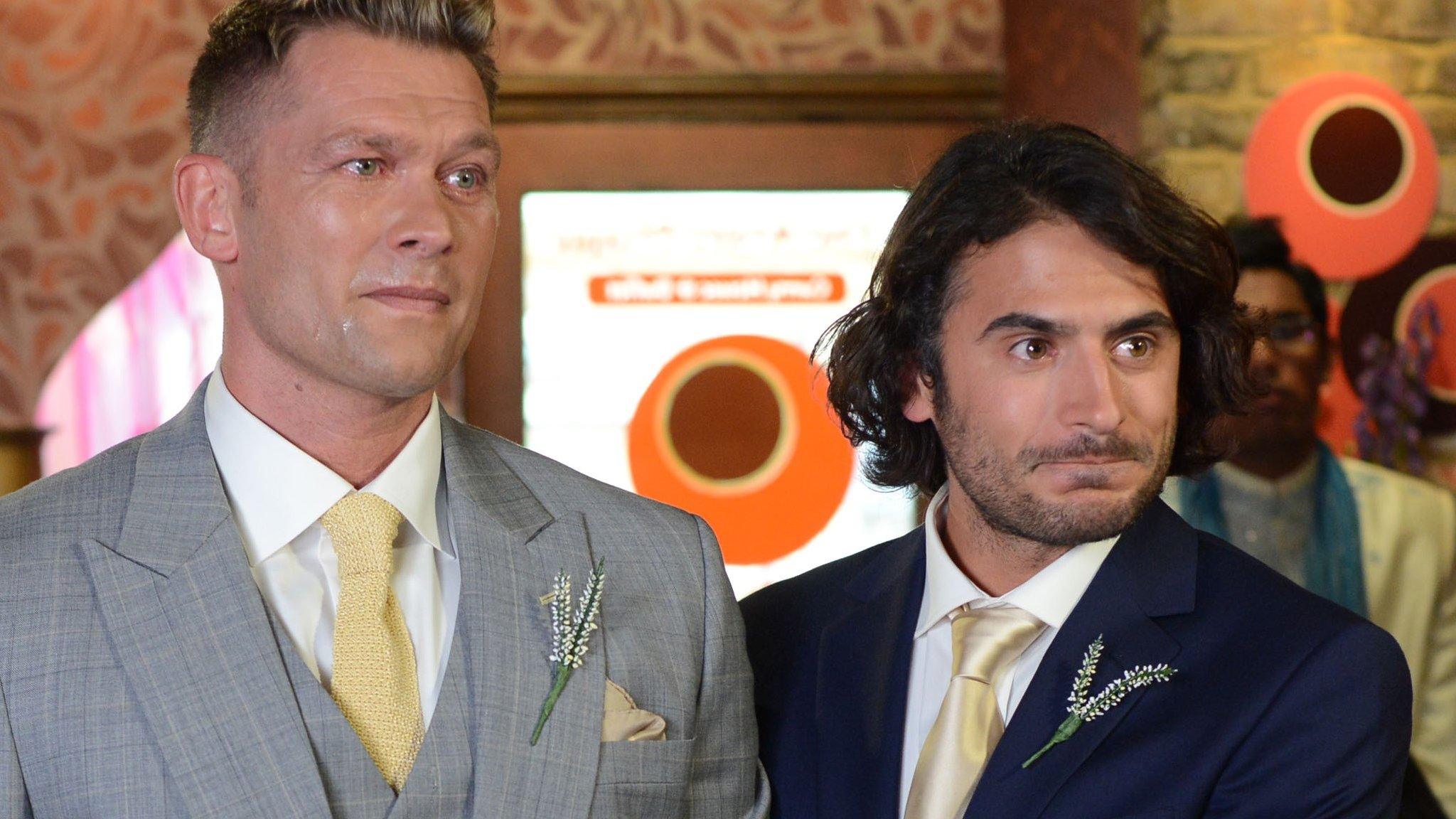
- Published6 October 2014
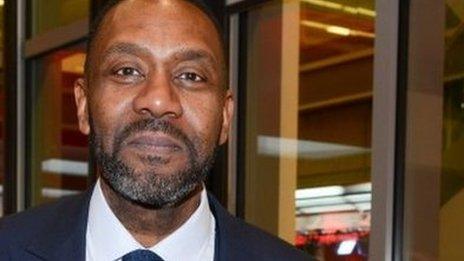
- Published24 June 2014
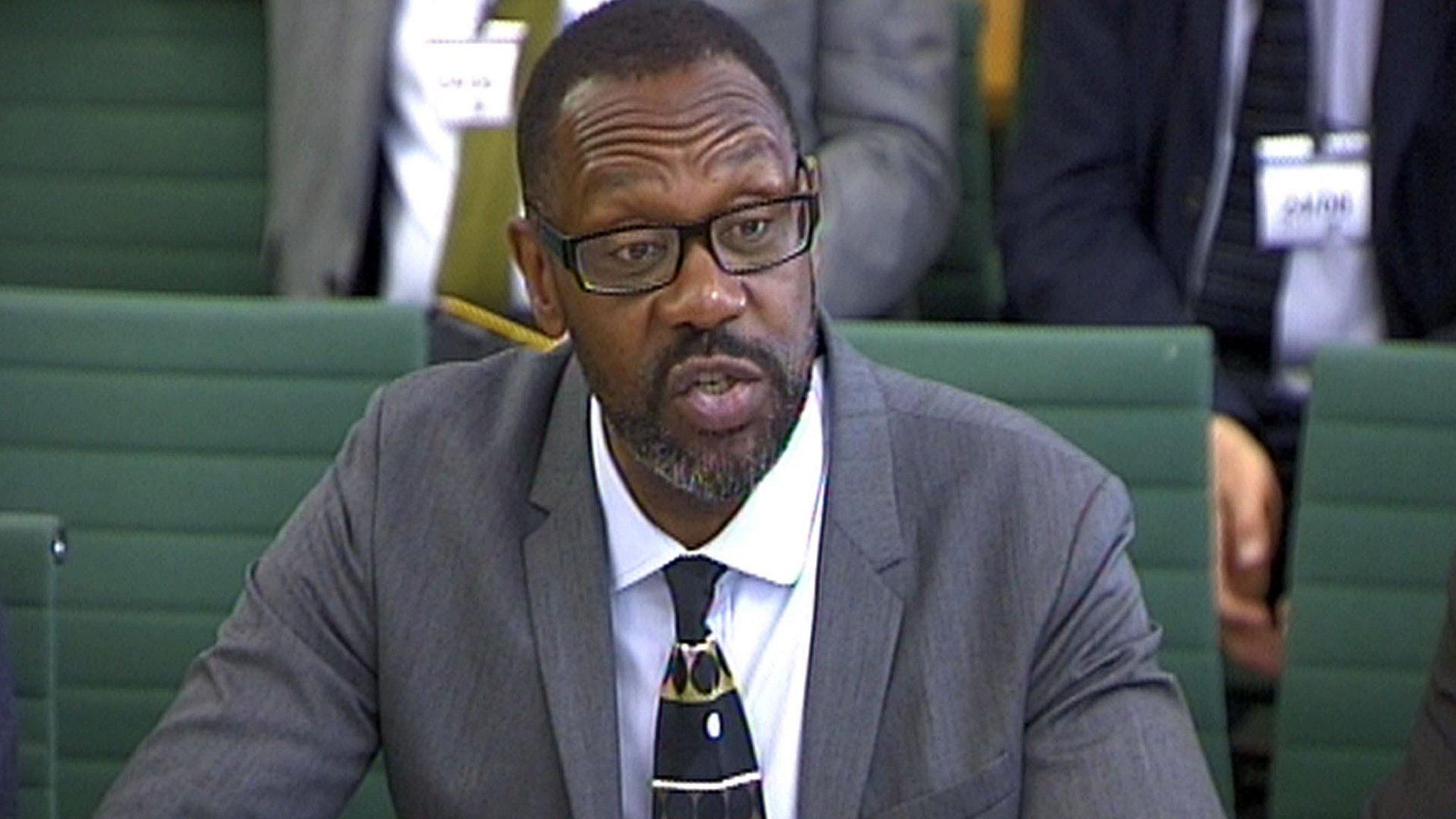
- Published20 June 2014
